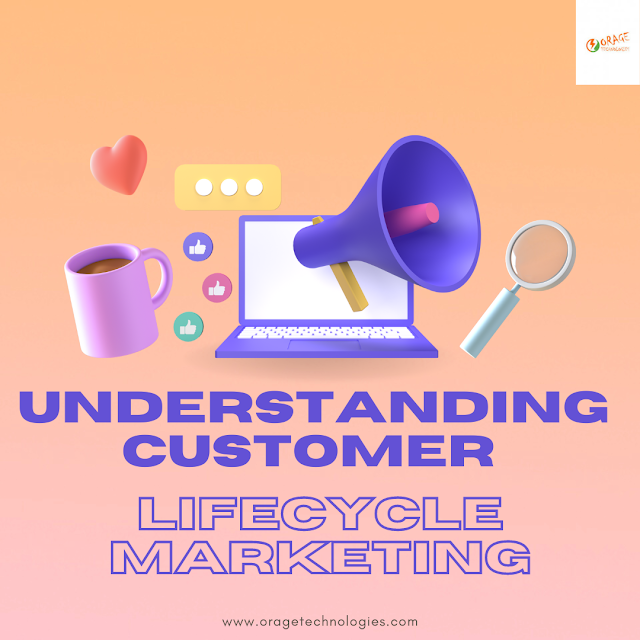Best Coding Practices for Game Development
Game development combines creativity, storytelling, and technical skills to create immersive experiences for players. Whether you're an indie developer or part of a larger studio, understanding and implementing best coding practices can significantly enhance the quality and efficiency of your game. In this blog, we'll delve into several key practices that are essential for successful game development.
1. Choose the Right Programming Language and Engine:
The foundation of any game is its programming language and game engine. Popular languages for game development include C++, C#, and Python, each with its unique strengths. C++ is known for its speed and control, making it ideal for high-performance games. C# is commonly used with Unity, a versatile engine suitable for both 2D and 3D games. Python, while not as fast as C++, is user-friendly and great for beginners. Select a language and engine that align with your game's requirements and your team's expertise.
2. Follow a Consistent Coding Style:
Consistency is key in game development. A consistent coding style improves readability, making it easier for you and others to understand and maintain the code. This includes naming conventions, indentation, commenting, and file organization. Establish a coding standard early on and ensure that all team members adhere to it.
3. Use Version Control Systems:
Version control is crucial in managing changes and collaborating effectively. Systems like Git allow you to track revisions, branch out for experimental features, and merge changes seamlessly. This not only helps in keeping a history of your project but also in facilitating teamwork and backup.
4. Optimize Performance:
Games require smooth performance and quick loading times to provide an enjoyable player experience. Optimize your code by minimizing memory usage, reducing unnecessary calculations, and utilizing efficient algorithms. Profiling tools can help identify performance bottlenecks in your game.
5. Implement Modular Design:
Modularity in game development means designing systems that are self-contained, interchangeable, and easily integrated. This approach allows for better organization, easier debugging, and more flexibility in making changes or adding new features. Break down your game into smaller, manageable components or modules.
6. Prioritize Readability Over Cleverness:
While it might be tempting to write complex, one-liner code, prioritize clarity and simplicity. Readable code is easier to debug, maintain, and pass on to others. Remember that your future self and other developers will thank you for writing clear and understandable code.
7. Document Your Code:
Good documentation is invaluable in game development. Comment your code to explain the 'why' behind complex logic or important decisions. Additionally, maintain external documentation for your game's architecture, APIs, and libraries. This is especially crucial in large projects or when working in teams.
8. Test Rigorously:
Testing is an integral part of game development. Implement unit tests for individual components and integration tests for systems working together. Use playtesting to gather feedback on gameplay, mechanics, and user experience. Regular testing helps catch and fix bugs early in the development process.
9. Learn from Others:
The game development community is vast and full of resources. Learn from other developers' experiences, whether through code reviews, forums, or open-source projects. Collaborating and sharing knowledge can lead to better coding practices and innovative solutions.
10. Stay Flexible and Open to Change:
Game development is an iterative process. Be open to feedback and willing to make changes to improve your game. Flexibility and adaptability are important traits as they allow you to refine your game based on testing and player feedback.
By adhering to these best coding practices, you can enhance the quality, performance, and development process of your games. Remember that game development is a blend of art and science – while technical skills are crucial, creativity and passion are what truly bring a game to life. Happy coding!




Comments
Post a Comment